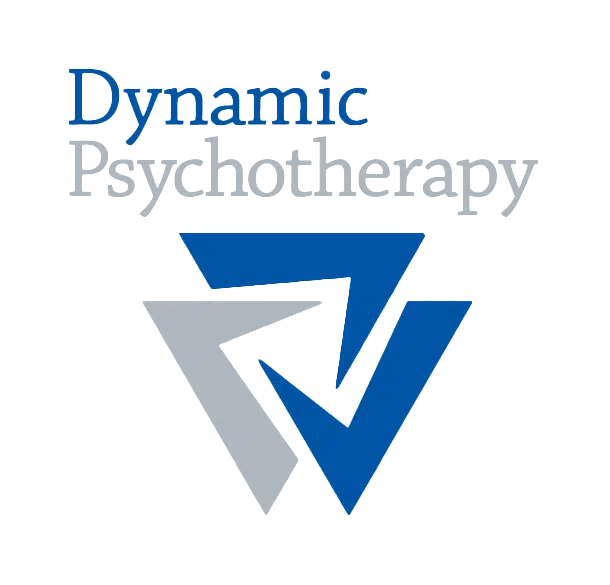If you’re experiencing difficulties in your relationship, you’re not alone.
We can help with a range of relationship problems, including:
- Communication issues
- Loss of intimacy
- Lack of honesty
- Infidelity
- Controlling or abusive behaviour
- Loss of trust
- Financial problems
- Extended family issues
- Perceiving the relationship as one-sided
How therapy can help your relationship
- Manage conflict
- Cope with stressors
- Improve communication
- Minimise criticism and blaming behaviours
- Increase emotional and sexual intimacy
- Identify and nurture relationship strengths
Relationships are as unique as the people in them. Each relationship presents different circumstances and challenges, especially when there are different backgrounds, personalities and value systems involved. Your counsellor or psychologist will aim to form a collaborative alliance with you. Together, you will identify key areas for change and learn practical tools to help you and your partner create a mutually beneficial and rewarding relationship.
Relationship therapy is a form of psychotherapeutic treatment or counselling that supports couples and individuals within a relationship to address problems or concerns they bring to treatment. This therapy can help to address relationship problems including: communication problems, preventative treatment, navigating conflict, reconnection, managing and supporting mental health within a relationship, meeting any different/ misaligned needs and values, processing separation, increasing or building trust and emotional closeness, and assisting in adjustment to major life events (e.g. the birth of a new child, death and grief, moving, major lifestyle changes etc).
Structure
Therapists providing couples therapy may provide a combination of joint and individual therapy to support not only the relationships development, but the individuals own healing journey as an integral part of the relationships whole. Generally, therapists will first collaboratively consult with a couple to assess and understand the relationship concerns reported, as well as navigating what may come up in the session. Therapists will help couples to become aware of the factors generating and maintaining problems by gently bringing focus to what arises in session with acceptance and compassion.
The specifics of how therapists may work with couples and how problems may be addressed depends on the type of treatment provided. Some modes of therapy have been outlined below; however, the available option are not limited to the list below, and there are a broad range of therapy modes that can help meet a couples/relationships individual treatment needs.
Therapy Modes
ACCEPTANCE AND COMMITMENT THERAPY (ACT)
Acceptance and Commitment Therapy can help couples to enhance mindfulness and acceptance of not only their own emotions but those of their partners’. Therapists assist partners in becoming aware of, and increasing compassion towards the emotional reactions they have in the present which at times, can be found to be traced back to something in their past. Partners can learn how to notice and relinquish unhelpful thought patterns, which can help to increase their ability to remain present in the current moment together to more effectively navigate their relationship. Therapists will help partners to identify core values which can help guide couples towards their shared goals. By increasing the clarity towards shared values and goals, couples are enabled to develop the skills needed to set goals, boundaries, and implement steps and strategies to work towards living in congruence.
SCHEMA THERAPY (ST)
Couples seeking Schema Therapy to help with their relational concerns may find their therapist will help bring focus to building connection and repairing ruptures in relationships. ST can help to bring awareness to the underlying patterns of relating to one another, to help transform any maladaptive patterns that may have developed. Restructuring the relational patterns couples may have can support individuals within the relationship to become a source of emotional healing and support for themselves and each other. As reparation of these patterns may involve individuals coming to terms with the origins of their own patterns, people within the relationship can build capacity to develop their own awareness, as well as with each other to heal early wounds and establish together new ways of relating and deepening meaningful connection.
Have any questions, or ready to book an Appointment?
Our friendly Reception team is here to help you.
Nothing in life to to be feared, it is only to be understood. Now is the time to understand more, so we may fear less
-Marie Curie





